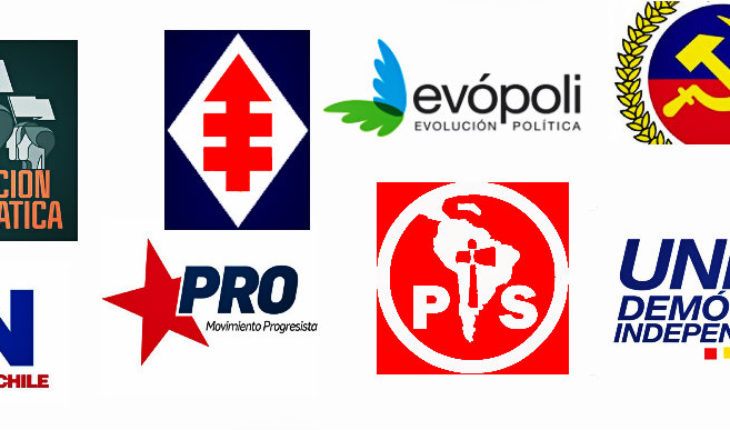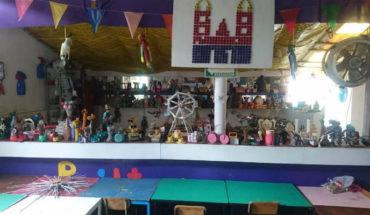Chilean democracy is hijacked by party centrism. The discourse learned and reproduced as a mantra by political leaders of all sectors is that there can be no partyless democracy, that parties are fundamental to democracy. Certainly, without political parties there is no representative democracy, but only with political parties as administrators of the citizens’ will expressed in the vote, in the 21st century, there is also no democracy.
Although highly institutionalized, regulated in their financing and controlled in their standards, parties are insufficient to make decisions on behalf of citizens. Their tendency to oliarquatization, professionalization and inbreeding, widely demonstrated by political science, inevitably take them away from the spaces of the common citizen. On the other hand, their traditional functions of ideological reproduction, mobilization and social integration are more strengthened in non-party organizations. We could say that they remain relatively in force in their role of selecting candidates and structuring the political offer for elections, something very relevant and valid, but which forces them to rethink their role.
The crisis facing the Socialist Party of Chile today reflects the deterioration in which political parties in our country are located and an opportunity to rethink their role. No doubt PS leaders have to take responsibility for allowing their party to become contaminated with drug trafficking networks. However, we cannot be so naive to think that this is an isolated phenomenon resulting from the “decay of socialism”. Any party that presents dynamics that favor caudillism, the hauling of votes, internal electoral fraud, militant-clients, among other evils, may be involved in deplorable situations such as those of the PS. We cannot rule out that similar situations are reported in other parties from this case, since the conditions are, to varying degrees, in virtually the entire Chilean political spectrum. If this were to happen, instead of defending “the party and its legacy,” leaders should think about how to defend the democracy that is being seriously threatened.
It is not new that parties are questioned by citizens both in Chile and in much of the established democracies in the world. To address this problem, alternatives to representative democracy have been being raised for several decades, such as citizen participation, referendums, deliberative surveys and citizen assemblies elected by lot, which complement the decisions of parliaments and governments. Canada, Iceland, Switzerland, Belgium and Ireland have made important contributions and innovations in deliberative and direct democracy, restoring to ordinary citizens the power to influence politics. In particular, the Citizens’ Assembly in Ireland elected by lottery is now an important innovation which deserves to be watched very closely. These alternative models, with their advantages and disadvantages, manage to give us a vision of democracy as a space where the professional politics of the parties and the criterion and the direct impact of ordinary citizens can fit. It is not a question here of encouraging anti-party discourse, the key is the balance between various forms of the exercise of democracy, adjusting to changes in our societies.
In Chile we are quite behind in these matters. The outlawing of parties during Pinochet’s dictatorship has clearly fueled the post-transition party-centric culture, leaving other forms of democratic exercise delayed. Participatory democracy fails to be installed as a counterweight to the power of parties or public bureaucracy and is often instrumentalized. We have not seriously explored forms of direct democracy or deliberative democracy using the draw. Everything continues to revolve around the parties, even social movements quickly think of theself as party platforms and then suffer the consequences of that.
The PS crisis needs to make us think deeply that we need other forms of democracy complementary to the representative regime. Deliberative democracy and the draw can serve even the parties themselves so that grassroots militants can control the party domes, which act as controlling partners of their organizations.
The content poured into this opinion column is the sole responsibility of its author, and does not necessarily reflect the editorial line or position of El Mostrador.





